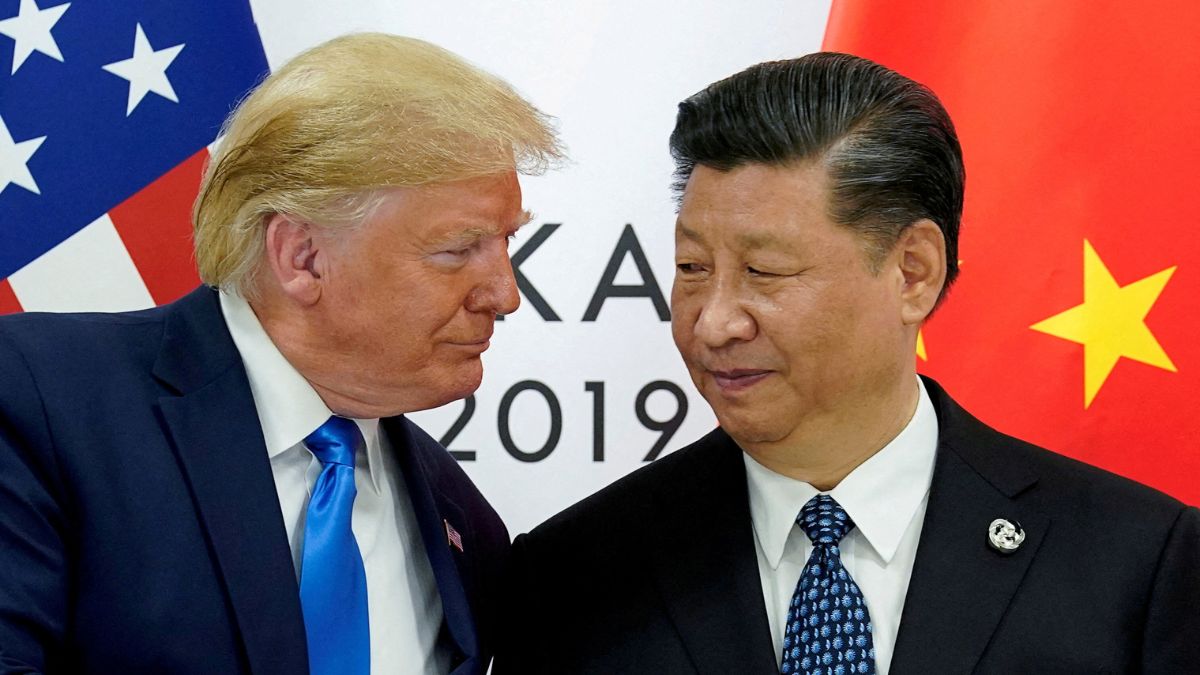On Sunday, US Secretary of State Marco Rubio called on China to prevent Iran from closing the Strait of Hormuz , one of the most important trade routes for crude oil in the world. The remarks reflected how US President Donald Trump’s administration is now looking at China, an ally of Iran, to prevent a global oil disaster, which is now on the cards after the US struck Iran’s three nuclear facilities.
“I encourage the Chinese government in Beijing to call them about that because they heavily depend on the Straits of Hormuz for their oil,” Rubio said in an interview on Fox News. It is pertinent to note that China is one of Iran’s most important oil customers and maintains friendly relations with the Islamic Republic.
The remarks for Rubio came shortly after Iran’s Foreign Minister, Abbas Araghchi, warned that Iran “reserves all options to defend its sovereignty,” after the US strikes over the weekend. Meanwhile, Iran’s state-owned media reported that the country’s parliament backed closing the Strait of Hormuz, citing a senior lawmaker.
However, it is pertinent to note that the final decision on whether to close the strait or not lies in the hands of Iran’s national security council. Tensions in West Asia escalated after Israel conducted strikes on Iran’s nuclear and military infrastructure, claiming that the country was weeks away from acquiring a nuclear weapon.
What will happen if Iran closes the Strait of Hormuz?
If the narrow waterway between Iran and Oman is blocked, it can have profound consequences for the global economy. According to the US Energy Information Administration, around 20 million barrels per day of crude oil, or 20 per cent of global consumption, flowed through the Strait last year.
If the waterway is closed, oil prices could shoot above $100 per barrel in the US. However, JPMorgan analysts view the risk of Iran closing Hormuz as low because the US would view the move as a “declaration of war”. While speaking to Fox News, Rubio pointed out that closing the Strait would be “economic suicide” for Iran, since most of its oil export passes through the Strait.
Impact Shorts
More ShortsIt is pertinent to note that Iran is the third-largest oil producer in OPEC, pumping 3.3 million barrels per day. Just last month, the country exported 1.84 million bpd last month, with the vast majority sold to China. From Beijing’s perspective, about half of China’s waterborne crude oil imports come from the Persian Gulf.
“It would be a self-inflicted wound: cutting off the Strait would stop the flow of its crude exports to China, halting a key revenue stream,” Matt Smith, lead oil analyst at Kpler, told CNBC. Meanwhile, Rubio noted that the US retains options to deal with Iran if the strait is blocked.
“It would hurt other countries’ economies a lot worse than ours,” he told Fox News. “It would be, I think, a massive escalation that would merit a response, not just by us, but from others," he added. The US Fifth Fleet is stationed in Bahrain and tasked with protecting maritime trade in the Persian Gulf. Hence, the US Navy would counter any attempt from Iran to block the Strait.
)